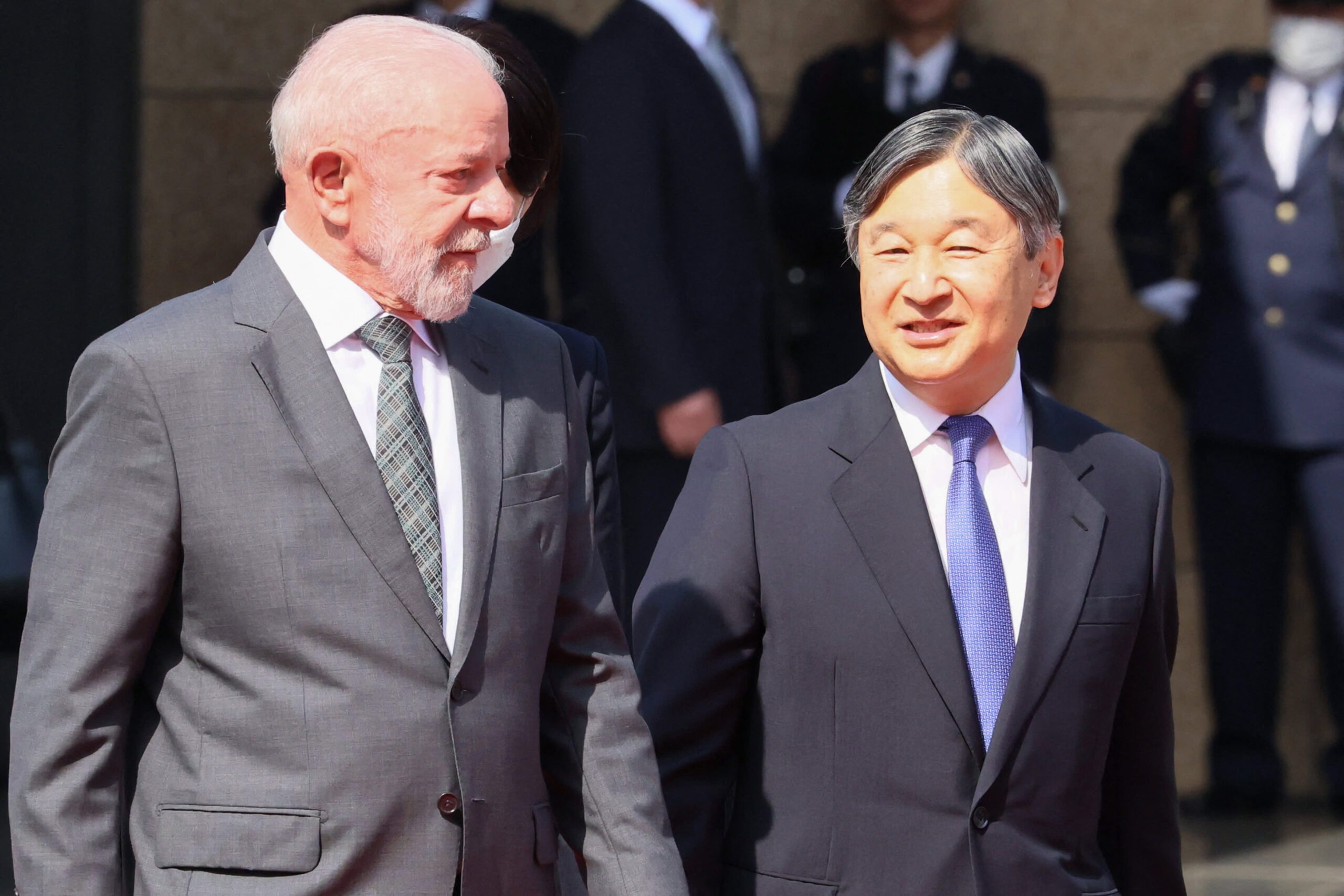BEIJING: China’s Finance Ministry says it supports allowing the central bank to trade government bonds, reaffirming President Xi Jinping’s position, which ignited market speculation about a change of monetary strategy.
The ministry called for stepping up coordination between financial and monetary policy and “improving the mechanisms of base money injection and money supply adjustment”, in an article by a study group and published by the People’s Daily yesterday.
It was based on a recent book that compiled Xi’s statements about finance and economics.
In that text, Xi was quoted as saying that the People’s Bank of China (PBoC) should gradually increase the buying and selling of government bonds in its open-market operations, something that set off a flurry of investor interest.
Some analysts initially read it as signalling a policy of “quantitative easing” – the unconventional form of stimulus widely used by central banks in advanced economies over recent decades, but avoided by China.
Some experts disagreed, and argued instead that the idea was for the PBoC to have an additional tool to pump liquidity into markets and ensure interest rates are stable, and in line with how major central banks like the US Federal Reserve operate.
Currently, the PBoC relies on other means of managing liquidity such as lending facilities that inject cash into commercial banks, and reserve requirements.
The ministry’s latest comments came amid heightened focus on China’s borrowing plans.
Beijing said it would sell more central government debt to finance economic programmes – a way of shifting the burden of stimulus away from financially strained local authorities.
It plans to offer one trillion yuan (US$138bil) of special sovereign bonds this year, although the timetable isn’t clear.
The issuance will be launched in a “timely” manner, an official at the Finance Ministry said in a briefing on Monday, without giving a specific date.
The Finance Ministry said that the government is in no hurry to provide more support for the economy, which could add to investor concerns that Beijing is underestimating the amount of stimulus it needs to provide, after first quarter growth exceeded expectations. — Bloomberg

